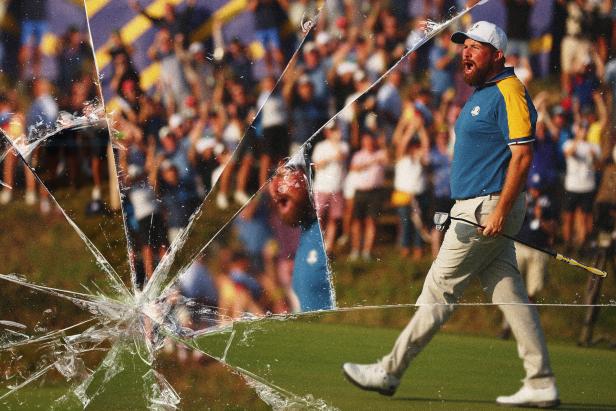The current state of professional golf is a cause for concern for many long-time fans due to various disruptions and challenges the sport is facing. Pro golf has historically been built on principles such as prioritizing the game itself, holding players accountable for their performance, maintaining balance through governing bodies, supporting charity, and prioritizing control and sustainability over monetary gain. However, these principles have begun to break down in recent years as issues like income disparity and questionable morals have eroded the integrity of the sport.
This breakdown has led to conflict between the PGA Tour and the LIV Golf League, reminiscent of the Thucydides Trap where conflict becomes inevitable when a newcomer threatens established authority. The current landscape of pro golf is marked by power struggles, money consolidation, and the involvement of private equity and the Saudis, leading to questions about the future of the sport and whether all the current brokenness can be fixed.
The governance structure of pro golf is also called into question, with multiple organizations making the rules and significant influence from private entities. The introduction of new money into the PGA Tour raises concerns about the prioritization of profits over the traditional values of the game, such as charity and community involvement. Additionally, increased commercialization and sponsorships threaten to dilute the authenticity and integrity of the sport.
Players are also grappling with their worth in the sport, with some feeling exploited by major championships that do not provide as high a return on revenue as they believe they deserve. The potential for pay-to-play models in major championships raises concerns about the future direction of the game. The PGA of America faces its own challenges, with potential implications for events like the Ryder Cup and the PGA Championship.
Despite these challenges in the professional realm, amateur golf is experiencing unprecedented growth and sustainability. Participation rates are on the rise, particularly amongst youth, people of color, and women. Alternative forms of the game like Topgolf are driving increased interest and engagement, painting a positive picture of golf’s future at the grassroots level. The growing popularity of the sport among diverse demographics and the increasing number of non-golfers showing interest in taking up the game bode well for its future.
In conclusion, the future of professional golf may be uncertain, but the thriving state of amateur golf suggests that the sport as a whole is resilient and adaptable. As the professional game navigates through disruptions and challenges, the core principles that have guided golf for decades are likely to prevail. The involvement of new investors and the changing landscape of the sport may lead to temporary upheaval, but ultimately, the enduring love for golf and the dedication of its participants will ensure its continued success. As Winston Churchill famously said, “You can always count on golfers to do the right thing, after they’ve tried everything else.”


